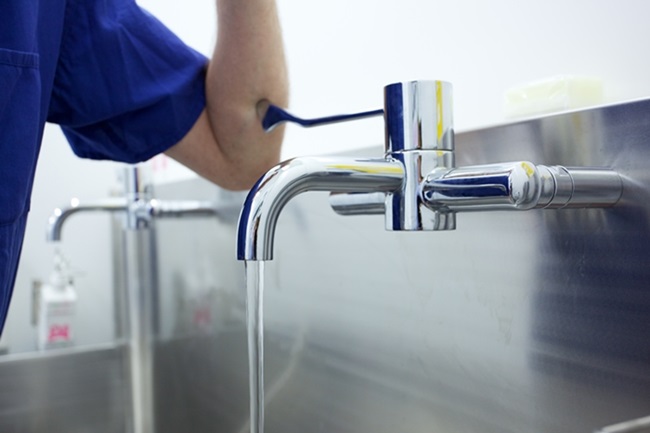Efficient reuse of water in hospitals
DHI is in a public-private partnership aimed at reducing water consumption in Danish hospitals, potentially saving over a million dollars annually.
Millions of gallons of water flow every year through the pipes of the three largest hospitals in the Capital Region of Denmark. With support from the Ministry of Environment and Food of Denmark and the Capital Region, the three hospitals are now geared towards better water management which will result in substantial monetary savings annually.
‘Together, the three hospitals will potentially save 1.5 million USD and 248,000 m3 of water every year, equivalent to the annual water consumption of 6,350 Danes. I am pleased that the Capital Region and Ministry of Environment and Food have implemented this project as it will pave the way for other hospitals in the country.’
- Danish Environmental and Food Minister Esben Lunde Larsen

A survey of water usage at Hvidovre Hospital shows that 56% of drinking water can be replaced with reclaimed water. © Shutterstock / Andrew Bassett
Replacing water of drinking quality with reclaimed water
Water in the hospital is divided into two groups: water that comes in contact with patients, and water that does not. Reclaimed water, which is water of lower quality than drinking water, is not used in areas of direct contact with patients. A survey of water usage at Hvidovre Hospital shows that 56% of drinking water can be replaced with reclaimed water, for use in scenarios such as cooling of the boiler or toilet flushing, for example.
DHI's activities in the project
In collaboration with the hospitals, DHI has helped to examine consumption and savings potentials by identifying areas where reclaimed water could be used, along with associated health risks.
Chief Planner Ulf Nielsen shares, ‘There is great potential for water savings in hospitals, but it is important that the savings are made with care so that it does not affect patient safety. Reclaimed water should only be used when it doesn’t pose any health risk to patients, who often have a low immune system.’
Learn more
Contact us for more information on this project.
Read more